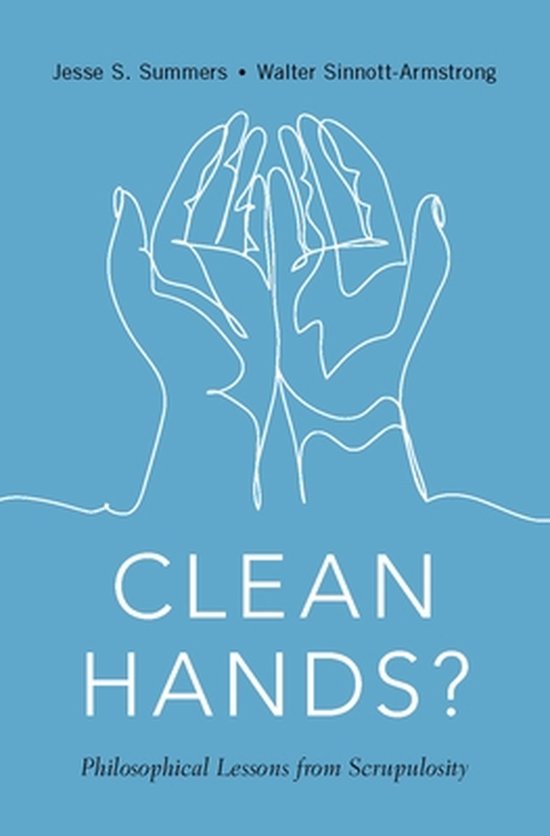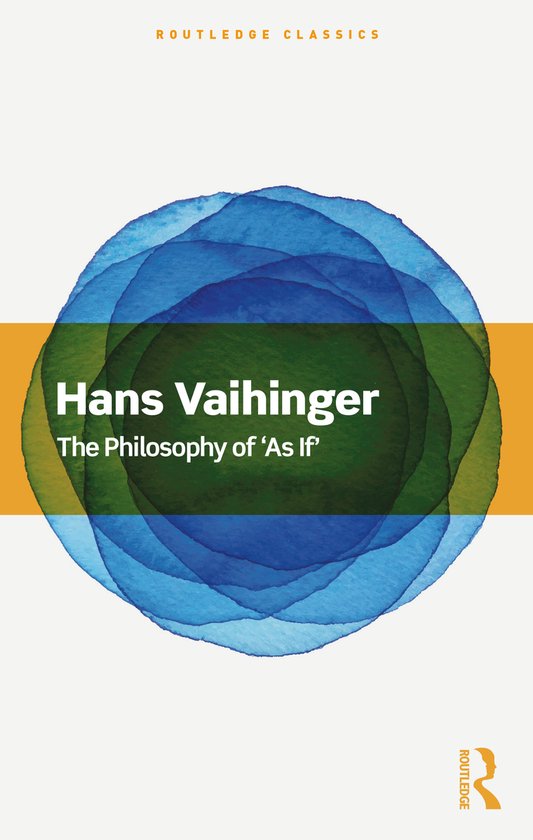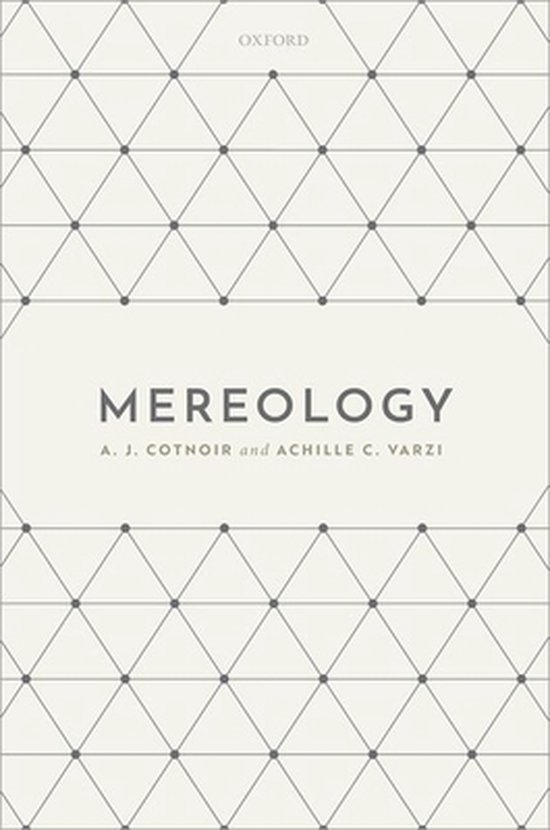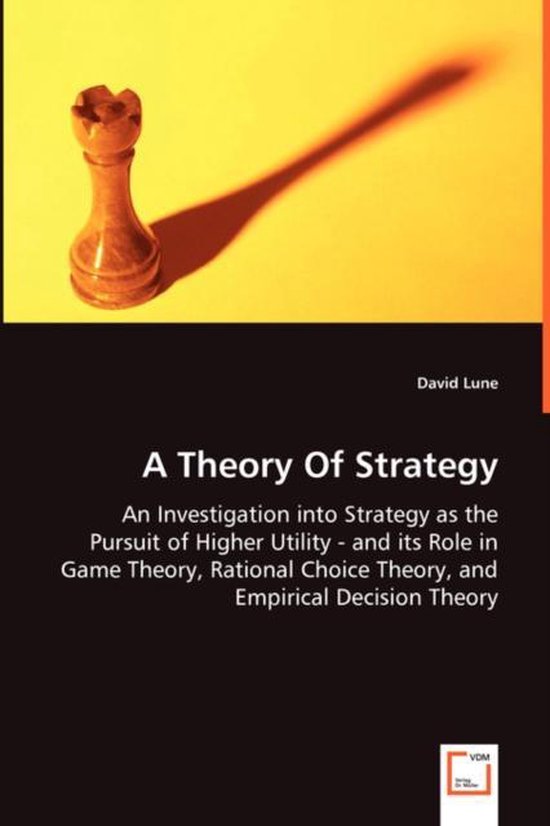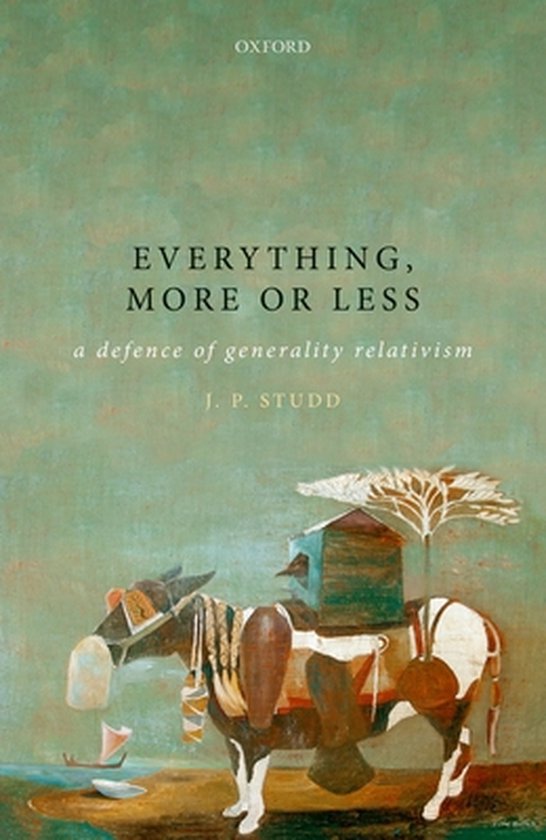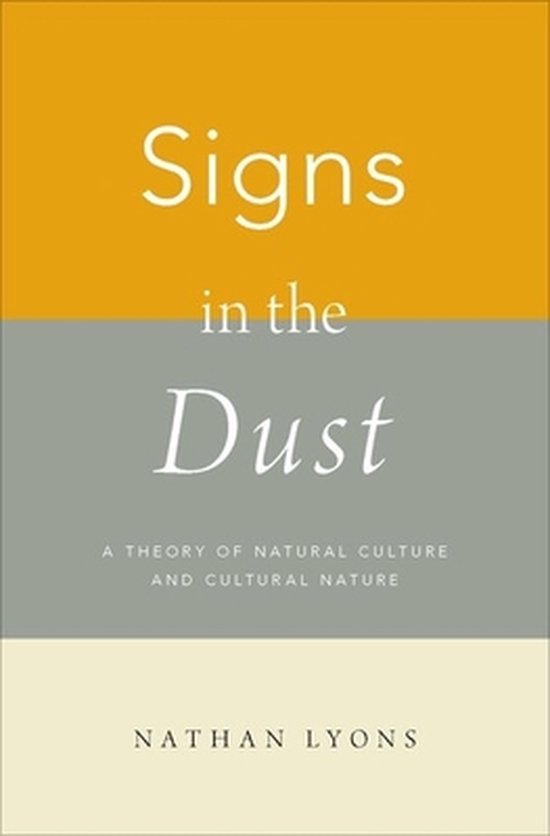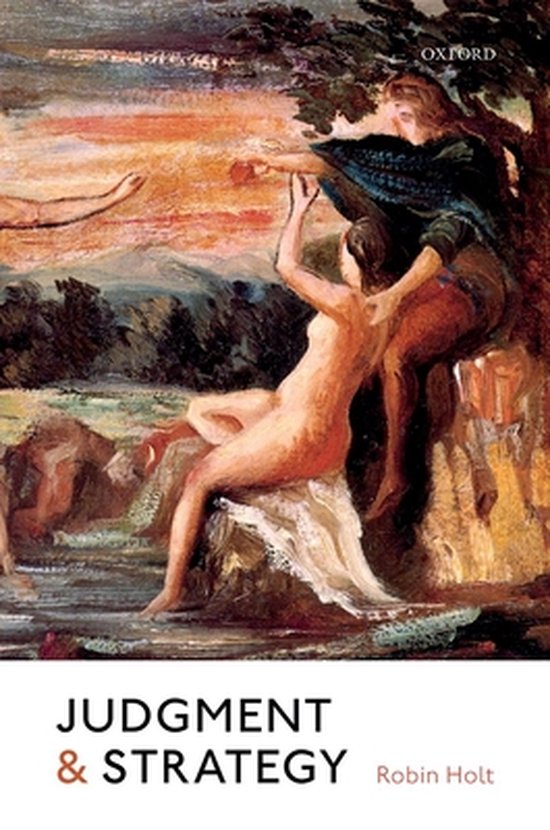
Judgment and Strategy
This book re-orients our thinking about strategy away from its being a mode of control and towards its being one of self awareness. The author defines strategic inquiry as the undertaking of successive attempts to present an organization to itself and others. This, the book argues, is an activity of judgment, not decision.
Holt argues strategy is the process by which an organization presents itself to itself and others. To bring this about exponents of strategic inquiry attempt t gather knowledge about the conditions in which any organization is being organized: emerging markets, restless geo-political environments, networks of technological ordering, populations with differing skill sets, and the like. The upshot of such inquiry is a succession of images by which an organization attains distinction as a unity, or 'self'. Using work from literature, art, and philosophy, Holt explores what it means to present such an organizational 'self'. In strategy practice, he identifies three related forms of presentation. First comes strategy as a project of representational knowledge. Here strategists generate accurate, timely, and complex information to build successive images of the organization and its place in the world. Though pervasive and persistent, these overtly technical images remain subject to the basic skeptical challenge that things could be otherwise. In response, come the second and third forms of self presentation: the creation of visionary images, or assertions of competitive brute will. Here too come problems. With vision comes the risk of collective thoughtlessness, and with brute will a one dimensional condition of aquisitive competition. Holt suggests judgment offers another way of responding to the skeptics' challenge. Tracing a narrative through the ideas of David Hume, Immanuel Kant, Adam Smith, William Shakespeare, William Hazlitt, Hannah Arendt, Stanley Cavell, Harold Pinter, Virginia Woolf, Martha Nussbaum and others, Holt finds much might be gained from associating strategic inquiry with a form of critical or poetic spectating. It is, he argues, by having this un-homely sense of 'being besides' oneself that an organization can best present itself to itself and others.
Holt argues strategy is the process by which an organization presents itself to itself and others. To bring this about exponents of strategic inquiry attempt t gather knowledge about the conditions in which any organization is being organized: emerging markets, restless geo-political environments, networks of technological ordering, populations with differing skill sets, and the like. The upshot of such inquiry is a succession of images by which an organization attains distinction as a unity, or 'self'. Using work from literature, art, and philosophy, Holt explores what it means to present such an organizational 'self'. In strategy practice, he identifies three related forms of presentation. First comes strategy as a project of representational knowledge. Here strategists generate accurate, timely, and complex information to build successive images of the organization and its place in the world. Though pervasive and persistent, these overtly technical images remain subject to the basic skeptical challenge that things could be otherwise. In response, come the second and third forms of self presentation: the creation of visionary images, or assertions of competitive brute will. Here too come problems. With vision comes the risk of collective thoughtlessness, and with brute will a one dimensional condition of aquisitive competition. Holt suggests judgment offers another way of responding to the skeptics' challenge. Tracing a narrative through the ideas of David Hume, Immanuel Kant, Adam Smith, William Shakespeare, William Hazlitt, Hannah Arendt, Stanley Cavell, Harold Pinter, Virginia Woolf, Martha Nussbaum and others, Holt finds much might be gained from associating strategic inquiry with a form of critical or poetic spectating. It is, he argues, by having this un-homely sense of 'being besides' oneself that an organization can best present itself to itself and others.
| Auteur | | Robin Holt |
| Taal | | Engels |
| Type | | Hardcover |
| Categorie | | Managementboeken |
